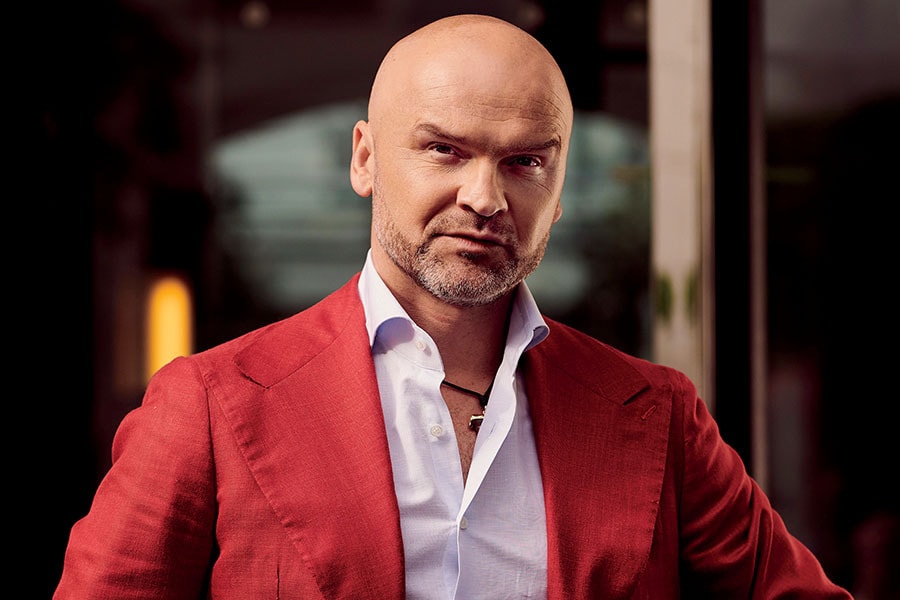
Can the future of ecommerce be beyond home deliveries? This Polish parcel king bets on it
Five years ago, Rafał Brzoska was on the brink of bankruptcy. Now, his bet has made him into a billionaire
 Image: Sandra Sobolewska
Image: Sandra Sobolewska
It was the summer of 2016, and the walls were closing in on Rafał Brzoska. The then-38-year-old Polish entrepreneur had spent nearly two decades transforming InPost, a college dorm-room business that shoved supermarket coupons through letterboxes, into a $120 million–a-year commercial mail business. But competing against the government’s postal service was taking a toll. He had $65 million in debt and was frantically trying to find new investors while staving off the repo man.
“One of my key points with the new investors was, ‘I want to repay all the bonds, all the banks, all the people that have lent us money’,” recalls Brzoska, who is now 43. “The investors wondered why, and I told them, ‘I want to live in this country, and you only have one name, one face’.”
Those investors weren’t interested in Brzoska’s dying postal business but in the automated ecommerce lockers spinoff he had started in 2010. Amazon and other online retailers ship packages for pickup to these refrigerator-sized street lockers, which cost around $20,000 to instal. They are popular because mailmen in Europe will rarely leave a parcel unattended on a stoop. That effectively stops porch piracy (54 percent of Americans say they’ve had a package swiped), but if you miss the doorbell you’re in for a slog to the post office.
On the brink of bankruptcy, Brzoska moved to shut down the mail business in the summer of 2016 ahead of talks with his rescuer, Advent International. The Boston-based private equity group took InPost private the following April. The $110 million deal paid off the company’s debts and gave Brzoska a further $125 million to nearly double the size of his parcel locker network to 4,400 in a year.
It was both a sweetheart deal and a shrewd one. Poles were late to embrace online shopping, but by 2017, ecommerce sales were growing at a steady 20.4 percent per year. Then came the pandemic, and online shopping jumped 36 percent in just 12 months. InPost’s revenues soared to $677 million, up by 104 percent in 2020. Brzoska’s lockers handle 36 percent of all parcels shipped in Poland.




